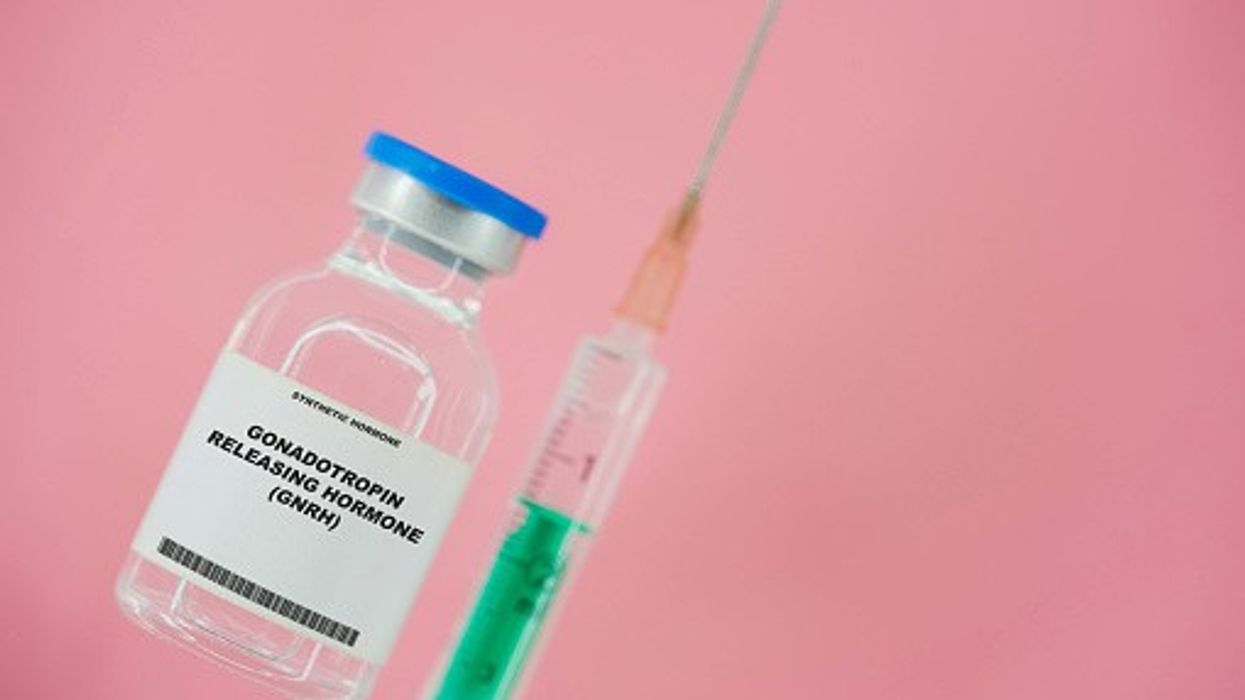The health secretary has expressed the intention to make the ban on puberty blockers permanent
The UK government has extended the restrictions on prescribing and supplying of gonadotrophin releasing hormone (GnRH) analogues, commonly referred to as puberty blockers, for those under 18 until the end of the year.
These regulations, initially set to expire on 26 November, prohibit any new under-18 patients from beginning puberty suppression treatment for gender dysphoria outside designated specialist NHS services.
The government passed the Medicines (Gonadotrophin-Releasing Hormone Analogues) (Emergency Prohibition) (Extension) (No. 2) Order 2024 on 6 November, citing health safety concerns to prevent potential serious risks.
Children and young people under 18 already using these medicines may continue treatment through a UK-registered prescriber, though prescriptions generally require an ‘SLS’ endorsement by the prescriber.
Prescriptions issued after 3 June 2024 by an EEA or Swiss prescriber remain invalid for these purposes.
Patients over 18 may still access these medicines; however, private prescriptions require either an ‘SLS’ endorsement or proof of identity and age at the pharmacy.
NHS prescriptions also need the ‘SLS’ endorsement from the prescriber.
The ban, initially implemented on 3 June 2024, was extended once before in August.
According to the Community Pharmacy England (CPE), the Secretary of State has expressed intent to make the ban permanent, which will require a following a procedure set out in the Medicines Act 1968, including a formal consultation.
With the consultation now complete, this extension will provide time for the government to review feedback and consider next steps, the CPE noted.













